Michigan City will be part of a Community-Centered Economic Inclusion initiative to put together a strategy for sparking opportunities across workforce, small business, real estate and placemaking arenas.
The initiative brings together the Brookings Institution’s Bass Center for Transformative Placemaking and the Local Initiatives Support Corp. for a year-long Learning Lab. These organizations will provide research, technical assistance and structured efforts to discuss challenges and best practices. Additional Indiana towns that are participating include Seymour and Warsaw.
“Michigan City considers this opportunity both an honor and privilege to be able to explore and investigate resources and solutions to improve our community across all sectors,” said Clarence Hulse, Executive Director of the Michigan City Economic Development Corporation. “This fits in perfectly with our current strategic plan and will assist in moving the needle significantly in economic inclusion for our residents.”
The effort is also supported by the Indiana Economic Development Corporation and focused on small cities located in the state of Indiana’s READI program regions. Through READI, 17 regions across the state that represent all 92 counties are moving forward with projects and programs designed to enhance Indiana’s regions for current and future generations of Hoosiers. The collaborative initiative also unites city and regional stakeholders to garner vital input from all corners of each community.
“We are excited to work with local leaders in Indiana in their efforts to develop strategies for connecting people and businesses in disinvested communities to regional economic opportunity,” said Jennifer S. Vey, Senior Fellow and Director of Brookings’s Anne T. and Robert M. Bass Center for Transformative Placemaking. “We hope the learnings from this work will be helpful to other small cities and rural towns who want to advance equity and economic inclusion through a community-centered approach.”
“After implementing economic inclusion strategies in 12 larger cities, we are eager to launch this Learning Lab with local leaders in Michigan City, Seymour and Warsaw to accelerate investment and opportunity in each community,” shared Bill Taft, Senior Vice President of Economic Development at LISC. “As a native Hoosier, I’m excited that Indiana’s smaller cities will be co-developing inclusive growth strategies with Brookings and LISC that will be used across the country.”
Each town will develop a CCEI agenda upon completion of the Learning Lab to detail how to address economic stagnation and inequity. These individual agendas will come together into a playbook that will be shared on a national platform to spotlight how rural and small cities can work together to spur prosperity.
“This is an amazing opportunity for smaller communities to become the focus of inclusive economic development in the state,” said Vincent Ash, Vice President of Development at the IEDC. “While well-intentioned, many economic development strategies miss integral needs because they’re developed from the top-down. Sourcing from the community will go a long way toward ensuring greater economic growth and equity in communities that need it. Further, I’m looking forward to sharing these community-centered agendas with a national audience to help position Indiana as a leader in inclusive economic development.”

